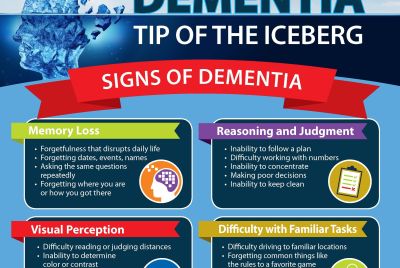Usain Bolt quarantines after virus test as global deaths pass 800,000
The patient, a 33-year-old man living in Hong Kong, had tested positive in March, but after two negative tests was found to be positive again in August.
The coronavirus may have caught up with the world's fastest man, sprint king Usain Bolt, who announced Monday that he is self-quarantining after being tested for COVID-19, as countries around the world again tightened lockdown measures.
Bolt, who did not confirm if he had received a result, spoke as governments around the world are tightening lockdowns once more, with well over 24 million people infected globally, 800,000 killed, and a vaccine still elusive.
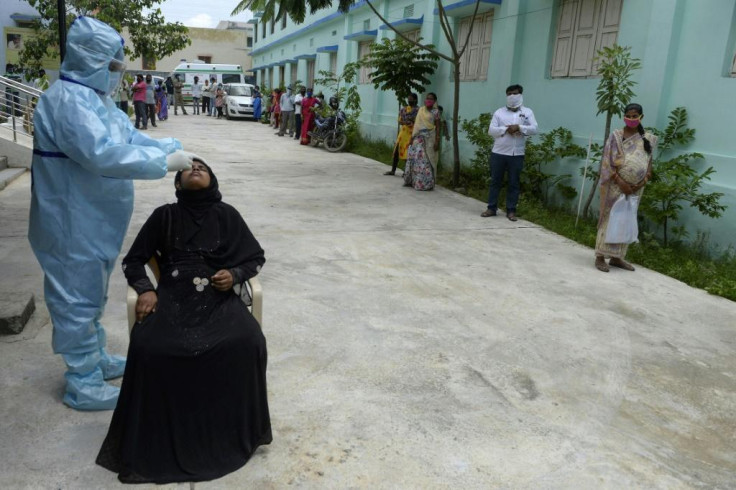
His announcement also came as researchers in Hong Kong identified what they said was the first confirmed case worldwide of COVID-19 reinfection, raising questions about the durability of immunity, whether acquired naturally or with a vaccine.
Some reports claimed Bolt tested positive for the deadly virus. In a video posted on Twitter, the Jamaican said he had experienced no symptoms, but urged friends he had been in contact with to take precautions.
"I am trying to be responsible so I am going to stay in and be safe," he said, adding that he had undergone the test on Saturday.
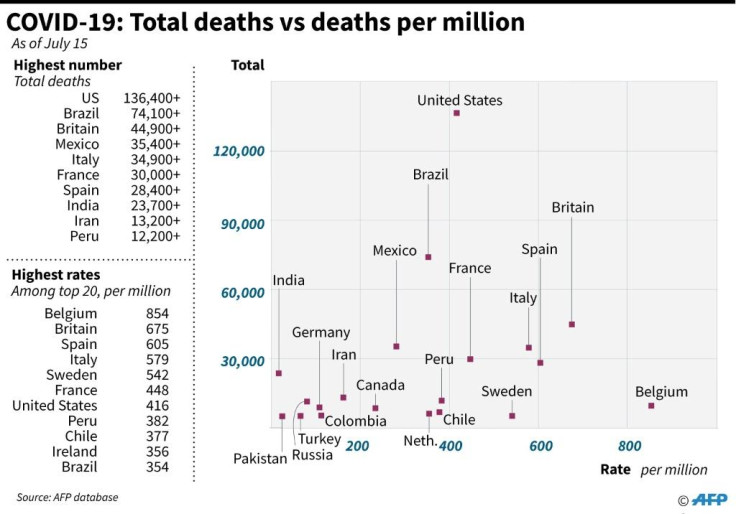
Britain's Guardian newspaper reported that friends had thrown him a surprise birthday the night before that was attended by other sporting stars including Manchester City star footballer Raheem Sterling.
Eight-time Olympic champion Bolt, who holds the world 100m and 200m records, last competed internationally at the 2017 World Championships in London.
Meanwhile, across the globe, experts were uncertain about the significance of the announcement from Hong Kong that doctors had confirmed a patient who survived the virus, and therefore was assumed to have immunity -- only to catch it again.
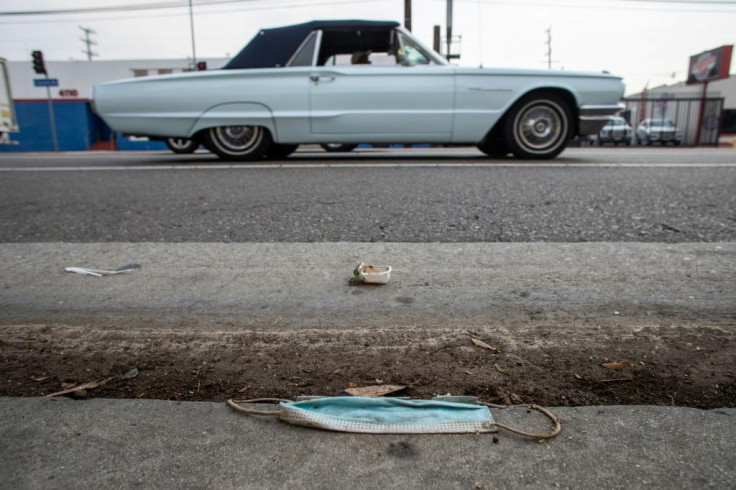
The patient, a 33-year-old man living in Hong Kong, had tested positive in March, but after two negative tests was found to be positive again in August.
Microbiologist Kelvin Kai-Wang To and lead author of the forthcoming study that details the findings, told AFP: "COVID-19 patients should not assume after they recover that they won't get infected again."
But microbiologist Brendan Wren of the London School of Hygiene & Tropical Medicine said the case was "a very rare example of re-infection and it should not negate the global drive to develop COVID-19 vaccines."
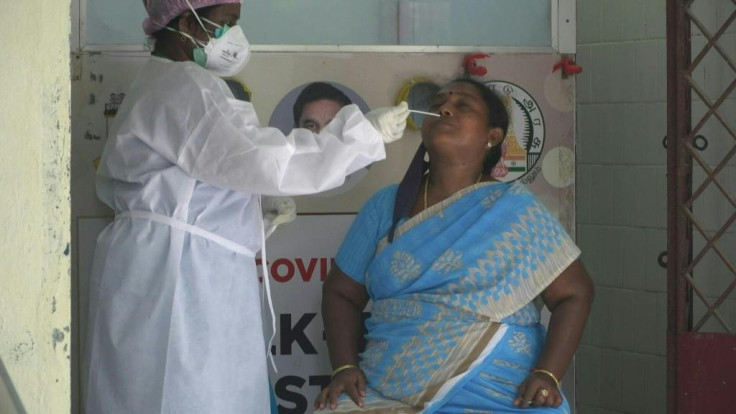
And Jeffrey Barret, a senior scientific consultant for the COVID-19 Genome Project at the Welcome Sanger Institute said: "This may be very rare, and it may be that second infections -- when they do occur -- are not serious."
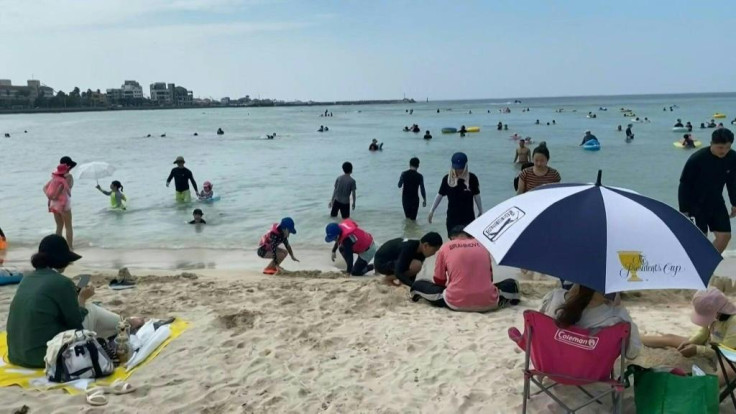
The pandemic has devastated the global economy, and policies to reduce the high risk of transmission in large groups of people have impacted everything from sport and religious services to music concerts and elections.
Breakneck efforts to develop a vaccine or effective treatments are under way around the world, but until one is available, social distancing measures remain among the few weapons against the virus.
New Zealand on Monday extended the lockdown of its biggest city to Sunday as it battled a small but persistent outbreak.
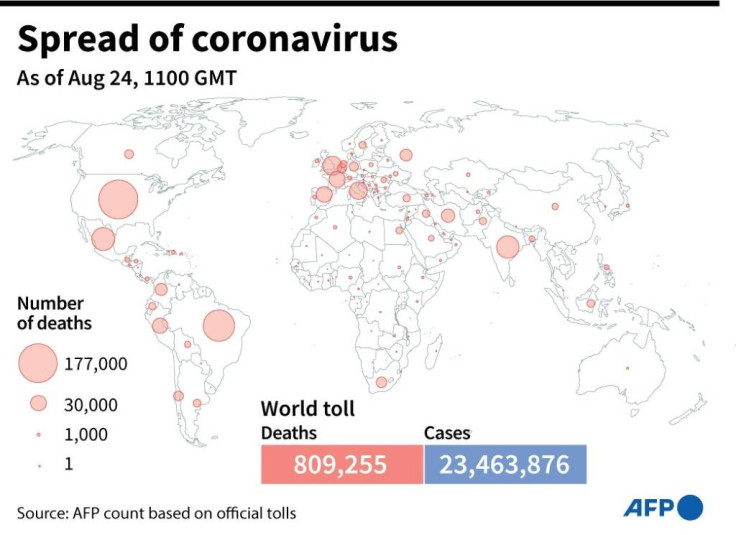
Auckland went into lockdown on August 12, a day after the virus re-emerged in the city and ended New Zealand's run of 102 days without local transmission.
European nations have also tightened border restrictions, wary of new virus clusters.
On Monday, Germany added two regions of France, including the Paris region, to its list of at-risk zones, advising against anything but essential travel there.
Strict border controls came into effect in Finland Monday, with arrivals from just a handful of countries able to enter without virus restrictions.
Over the weekend, Norway tightened its border controls, and South Korea imposed social distancing measures nationwide to fight its latest outbreak.
Indonesia has banned foreign tourists from Bali, a popular holiday destination, for the rest of 2020 -- scrapping plans to open up the island from September.
The United States remains the hardest-hit country with more than 5.6 million infections and more than 177,000 fatalities.
In the past 24 hours another 883 people died and there were nearly 72,000 new cases of infection in America, Johns Hopkins University reported as of 0030 GMT Tuesday.
President Donald Trump -- who is seeking a boost from the Republican National Convention this week as he faces a tough re-election -- is under intense pressure to curb the contagion.
On Sunday he announced at a news conference that the US has authorized the use of plasma therapy to help combat the virus, claiming it shows "an incredible rate of success" and "will save countless lives".
But that went much further than his own health officials' cautious welcome of the treatment.
But the extent of its effectiveness is still being debated by experts and some have warned it could carry side effects.
Challenged by a reporter to explain the contradiction between his confidence in the treatment and the caution among experts, Trump passed the question to one of his experts and then ended the press conference.
Copyright AFP. All rights reserved.
This article is copyrighted by International Business Times, the business news leader











